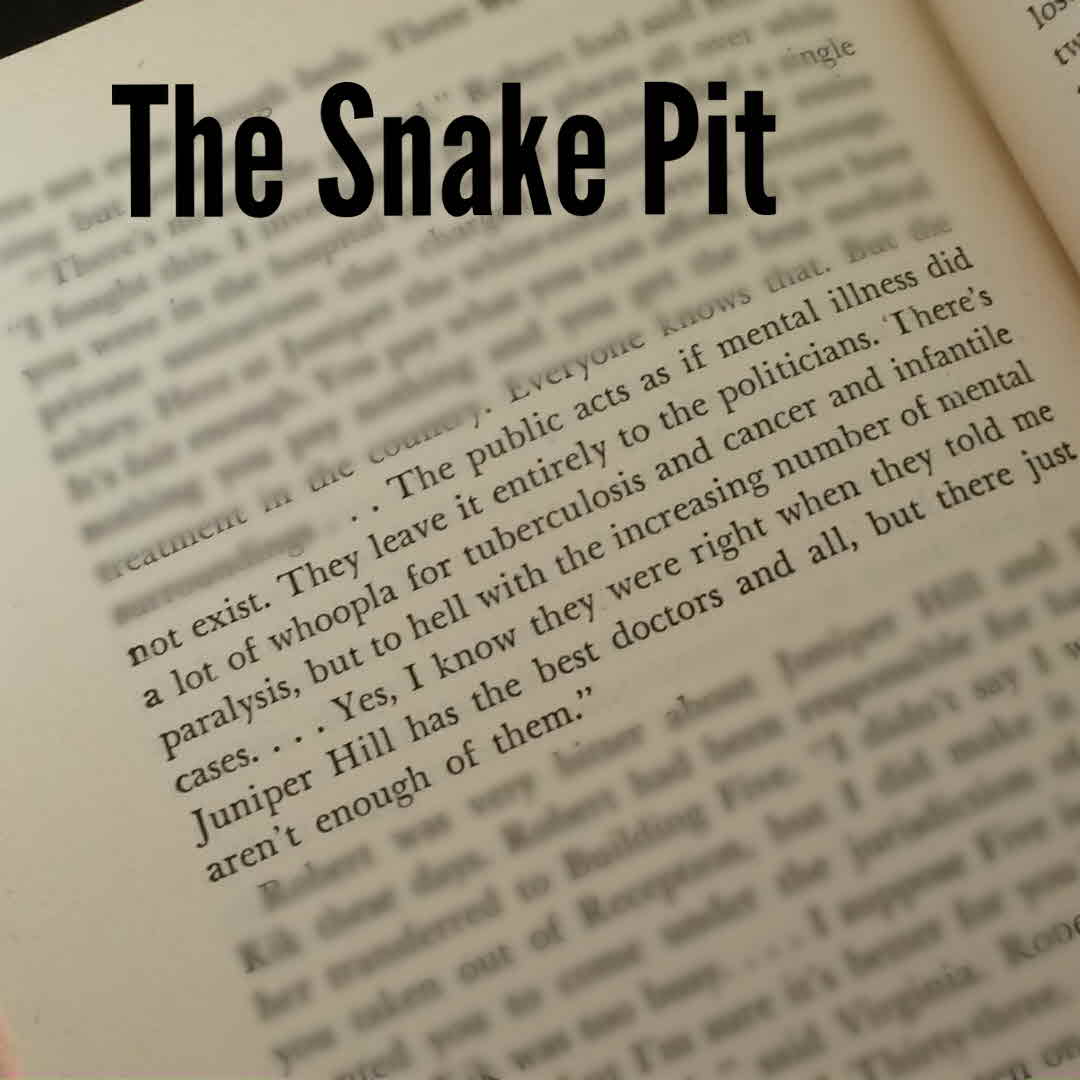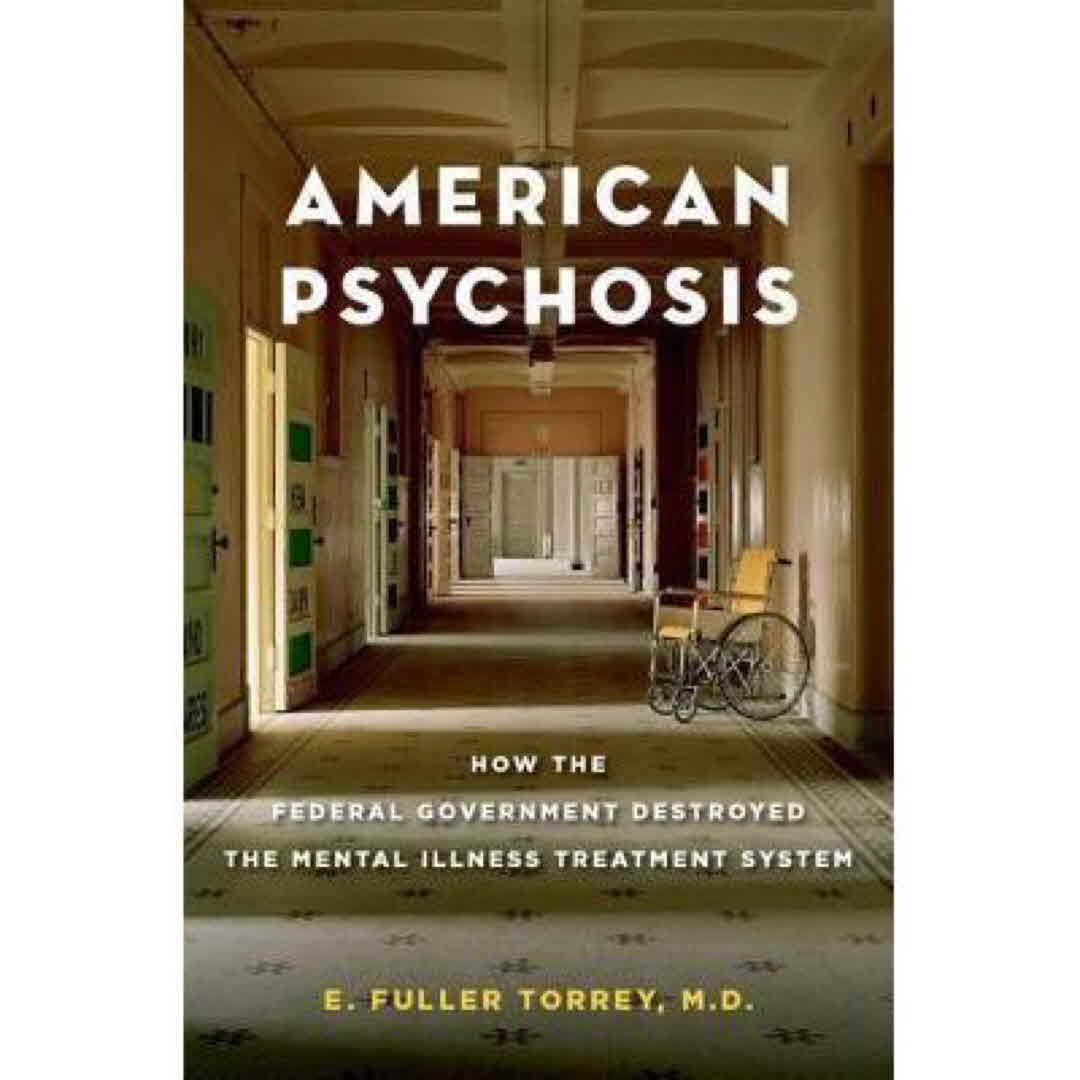
Still waiting for this book, The Snake Pit, to be added, but in 1946, it was blatantly apparent that the federally funded hospitals were in a severely compromised position. The mental health system in this country has become nearly nonexistent and it's because of defunding and shuttering of mental facilities. #mentalhealth #socialissues #semiautobiographical #MaryJaneWard #TheSnakePit





















